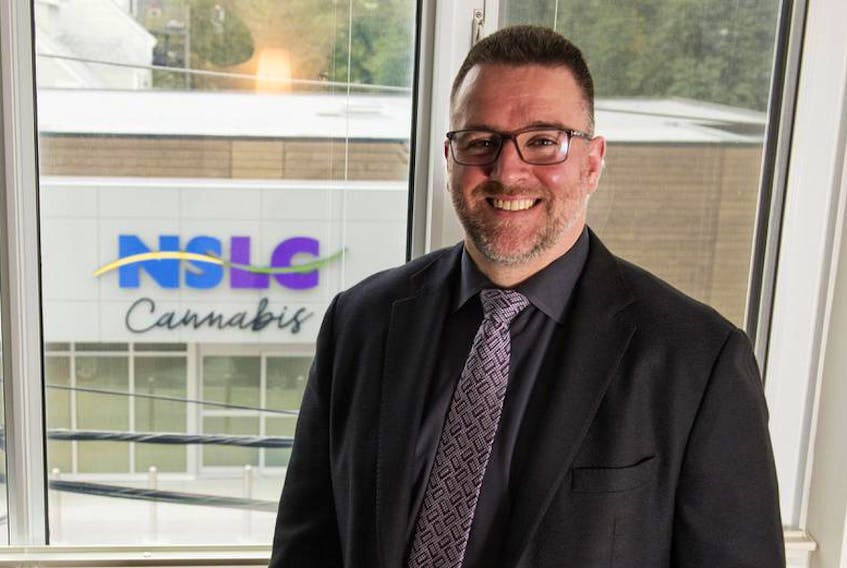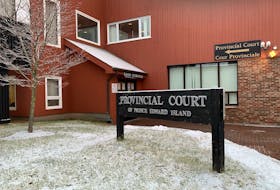A Dalhousie University professor who is also a clinical psychologist does not think highly of the possibility that the province might allow more Nova Scotia Liquor Corp. outlets to sell cannabis.
Referring to news reports that Finance Minister Karen Casey had asked the NSLC to consider adding more outlets, Dr. Simon Sherry said increasing the availability of pot also increases the use and abuse of the drug.
“From the alcohol literature and the tobacco literature, we know that what you call ‘outlet density’ is a robust predictor of use and abuse of alcohol and tobacco,” Sherry said Tuesday.
“And we know from a growing research literature on cannabis that outlet density when it comes to cannabis is linked to rates of current cannabis use, including use by adolescents. Outlet density is also linked to a lower age of using cannabis. You see it in the use of cannabis at an earlier age. There’s a link between outlet density and being hospitalized for cannabis and cannabis-related problems. So we’ve got a growing literature that also draws a connection between how many cannabis outlets you have per population or per geographical area and a range of cannabis-related harm.”
Sherry said cannabis is far from a harmless drug, citing links between pot and depression, anxiety, suicidal tendencies, psychosis, occupational problems and cognitive problems.
“Cannabis is far from a health product or a benign substance,” he said. “There’s a growing and trustworthy body of evidence that suggests that cannabis is harmful.”
So adding retail outlets might make sense from a finance point of view but not from a health perspective, Sherry said.
“We’re a national leader already in the percentage of cannabis users, the percentage of people with cannabis-use disorders, grams of cannabis used per person and sales of legal recreational cannabis, so we’re talking about increasing the number of stores in a province that’s arguably one of the heaviest cannabis-using populations in the world.”
Addiction threat real: Sherry
Sherry is also concerned about the impact cannabis outlets would have in the surrounding communities, whether it’s measuring how far away schools and universities are or proximity of hospitals, public parks and facilities geared toward youth or vulnerable citizens.
He said roughly one in 10 or 11 adults who try cannabis become addicted. Adolescents are more vulnerable, with roughly one in six who try it eventually becoming addicted.
Sherry said he favours “a cautious and health-focused form of legalization, a form of legalization where first and foremost we consider impacts on human health. I think what’s happening right now is revenue generation and increasing tax revenue is front and centre.”
Alcohol sales should not be held up as an example of how to handle cannabis, he said.
“I see Nova Scotia as being at a crossroads. I think we could head in the direction of treating cannabis like alcohol, where it’s actively promoted and it’s widely used and it’s accepted, but my hope is we head in the direction of treating cannabis like tobacco, where it’s actively discouraged and there’s a grudging tolerance toward the use and existence of tobacco.”
NSLC spokeswoman Beverley Ware deferred to the Finance Department for comment on the issue.
Gary Andrea, a spokesman for the Finance Department, said in an emailed statement that ensuring public health and safety, particularly for youth, is one main focus of cannabis legalization.
“During the first phase of legalization, we invested in a public education and awareness campaign to address concerns raised during our public consultation, and we will continue to keep the public updated as we work through the details regarding edibles, extracts and topicals,” Andrea said. “The NSLC has the experience with controlled substances needed to sell cannabis products safely. While there is a gap in availability in certain areas of the province, no decisions have been made to expand at this time.”
RELATED:









